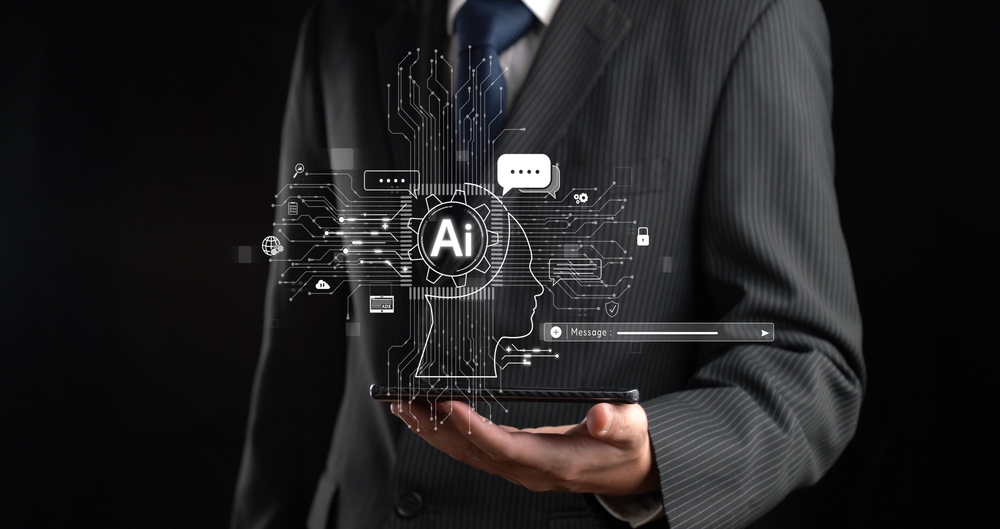As we navigate an increasingly digital world, artificial intelligence (AI) is playing a more significant role in various aspects of our lives, including the electoral process. While AI has the potential to enhance efficiency and communication, it also poses substantial risks to the integrity of elections. This article explores how AI influences elections and what safeguards are necessary to protect democratic processes.
The Influence of AI in Elections
Artificial intelligence can influence elections in several ways, most notably through the creation and distribution of information. AI-powered tools can generate highly persuasive and targeted content, often without human oversight. This capability can be exploited to spread misinformation or disinformation at scale, significantly impacting voter perceptions and behavior. For example, AI can create deepfakes—realistic but fabricated videos or audio recordings—that can mislead voters or discredit political candidates.
Moreover, AI’s ability to analyze vast amounts of data allows political campaigns to micro-target voters with unprecedented precision. While this can enhance voter engagement by delivering personalized messages, it can also be used to manipulate voters by exploiting their biases and preferences without their awareness. The subtlety and sophistication of these tactics make it challenging for voters to discern between genuine information and manipulative content.
The Risks to Election Integrity
The increasing use of AI in elections raises several concerns about the integrity of democratic processes. One of the most pressing issues is the potential for AI-driven disinformation campaigns to undermine public trust in the electoral system. If voters cannot trust the information they receive, the foundation of democracy—an informed electorate—is compromised.
Additionally, the lack of transparency in AI-driven campaign strategies can create an uneven playing field. Candidates with access to advanced AI technologies may gain an unfair advantage, skewing election outcomes. This lack of transparency also makes it difficult for regulators and the public to hold campaigns accountable for unethical practices.
Safeguards to Protect Elections
To mitigate the risks posed by AI in elections, several safeguards are necessary. Firstly, there is a need for stricter regulations on the use of AI in political campaigns. This includes transparency requirements, where campaigns must disclose the use of AI in their strategies and the nature of the content generated by these tools. Such transparency would help voters understand when and how AI is influencing their perceptions.
Secondly, there should be increased investment in AI literacy for both the public and policymakers. Educating voters on how AI can be used to manipulate information will empower them to critically assess the content they encounter. Policymakers, on the other hand, need to be equipped with the knowledge to regulate AI effectively.
Finally, the development and deployment of AI tools that can detect and counter disinformation are crucial. These tools can help identify deepfakes and other forms of AI-generated content that are designed to mislead voters. By staying ahead of malicious actors, these technologies can play a vital role in preserving the integrity of elections.
Conclusion
Artificial intelligence presents both opportunities and challenges for the electoral process. While it can enhance campaign efficiency and voter engagement, it also poses significant risks to the integrity of elections. To safeguard democracy, it is essential to implement robust regulations, invest in AI literacy, and develop countermeasures against AI-driven disinformation. By taking these steps, we can ensure that AI serves as a tool for enhancing, rather than undermining, our democratic processes.




